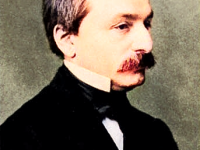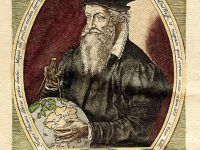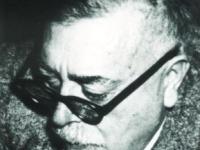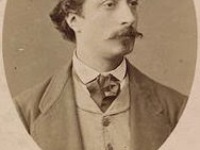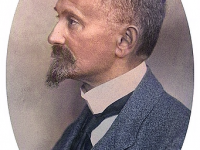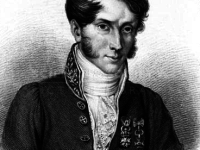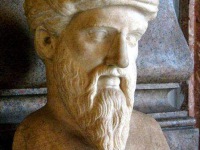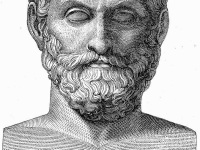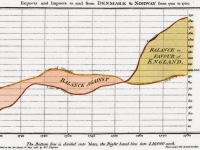God made the integers, all the rest is the work of man – Leopold Kronecker
On December 7, 1823, German mathematician Leopold Kronecker was born, who worked on number theory and algebra. He criticized Cantor’s work on set theory, and his most cited quote says, “Die ganzen Zahlen hat der liebe Gott gemacht, alles andere ist Menschenwerk” (traditionally rendered: “God made natural numbers; all else is the work of man“.) Leopold Kronecker – Early Life Leopold Kronecker was born in Liegnitz, Prussia (now Legnica, Poland) in a wealthy Jewish…
Read more

